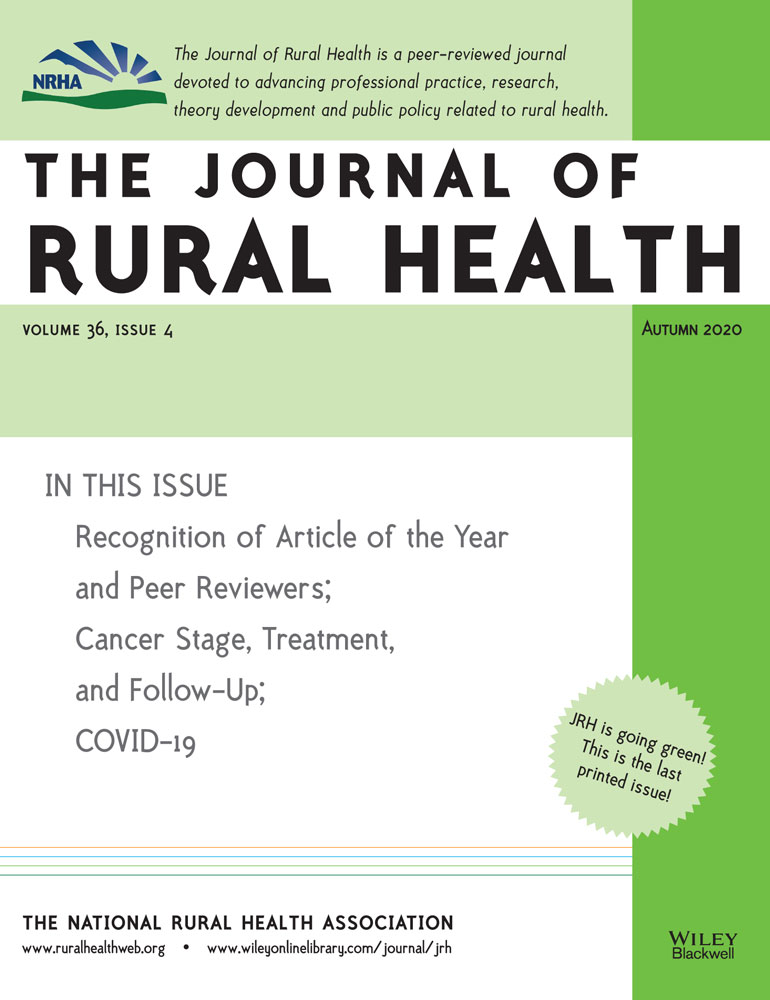The Impact of Geographic Location on Saskatchewan Prostate Cancer Patient Treatment Choices: A Multilevel and Spatial Analysis
Funding: This work was supported through funding from the Prostate Cancer Fight Foundation and the Telus Motorcycle Ride for Dads.
Abstract
Objective
The purpose of this study was to estimate the relationship between remoteness and the initial chosen treatment (active surveillance/watchful waiting (AS/WW), radiation therapy (RT), surgery, chemotherapy (CT), or hormonal therapy (HT) for prostate cancer (PCa).
Methods
This study built 2 multilevel generalized linear models via a binomial link for each treatment type (one with only covariates and one with 2 additional study variables to the covariate model). The study also used cluster analysis using the Global and local Moran's I spatial statistics to find any complementary results to the above models.
Results
This study found that patients living in the rural areas have lower odds (OR = 0.59; 95% CI, 0.45-0.77; P < .001) of having surgery compared to patients living in the greater urban areas. Among patients whose closest PCa assessment center is Regina, patients living in the greater urban areas have higher odds (OR = 1.66; 95% CI, 1.03-2.68; P = .039) of choosing RT compared to patients living in the rural areas. There was no statistically significant effect of remoteness on whether one chose HT or AS/WW.
Conclusions
There are regional disparities to PCa treatment utilization. Living in rural areas affects choosing surgery and, in certain localized geographical regions, affects choosing RT. For non-curative treatments (ie, AS/WW and HT), we did not find any association with geographical remoteness.




